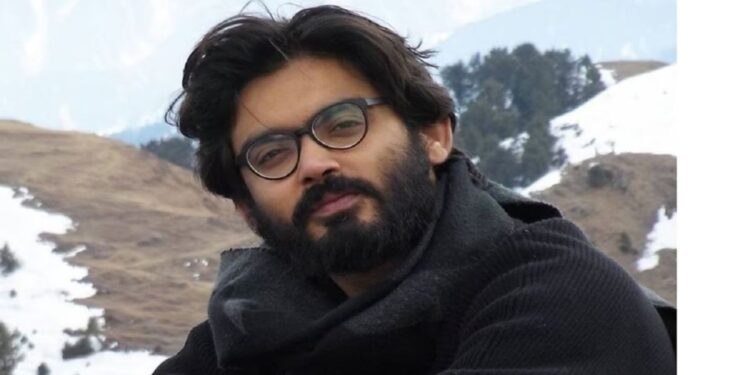Sharjeel Imam, a key accused in the Delhi riots case, appeared before the Delhi High Court on Thursday, stating that none of his speeches during the protests against the Citizenship Amendment Act (CAA) advocated or incited violence. Imam’s counsel concluded his arguments for bail before the division bench of Justices Navin Chawla and Shalinder Kaur, asserting that his speeches explicitly emphasized peaceful, non-violent protests against the CAA. Imam further stated that none of the material or speeches attributed to him could be construed as incitement to violence.
Imam argued that the only overt acts linked to him were his speeches at Jamia Millia Islamia and other cities, where he reportedly urged peaceful demonstrations. He denied any responsibility for the violence that occurred, stressing that his speeches did not contain any inflammatory content that could have triggered violence.
The defence also pointed out that months after his speeches in Aligarh and Delhi, the Delhi Police and other state agencies filed FIRs against him, accusing him of sedition, unlawful assembly under the Indian Penal Code, and violations under the Unlawful Activities (Prevention) Act (UAPA). Imam was arrested on January 28, 2020, in Jehanabad, Bihar, in connection with the Delhi FIR and has been in custody since then. Imam noted that it had been nearly five years since his arrest.
Imam’s lawyer challenged the charges of criminal conspiracy, asserting that there was no evidence of any interaction or collaboration between Imam and the co-accused. Imam argued that he had no connection with the alleged conspirators, calling the prosecution’s conspiracy theory baseless. He further added that the prosecution relied on weak evidence to charge him with conspiracy, including WhatsApp chats that, according to him, did not contain anything remotely suggesting violent intent.
Imam also pointed to several court decisions that support his position. He referenced a ruling from the Allahabad High Court, which had granted him bail in the Aligarh speech case, where the court concluded that Imam did not call for arms nor incite violence. Imam’s counsel also cited a bail order from a Delhi Court, which found the prosecution’s evidence against him to be “scanty and sketchy,” highlighting the lack of substantial evidence.
Imam’s defence further emphasized that, besides his non-violent stance, Imam had distanced himself from the Shaheen Bagh protests by posting a message on Facebook, warning about potential violence and urging that protests be paused for a while. Imam’s lawyer argued that this action demonstrated Imam’s efforts to prevent unrest.
The Delhi Police accused Imam of being the main conspirator behind the North-East Delhi riots in February 2020, labelling him as a central figure in the alleged violent unrest. Imam’s bail plea had been pending since April 2022 and had been listed for hearing over 60 times before seven different benches of the Delhi High Court. His legal team moved the Supreme Court for an expedited hearing, but the petition was dismissed in October. However, the Supreme Court directed the Delhi High Court to speed up the process.
The Delhi High Court has now prioritized Imam’s bail hearing; the next hearing date is December 20. This hearing could potentially have significant implications for the ongoing case against Imam, who remains in custody as he continues challenging the charges against him.

















